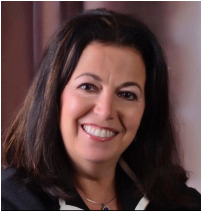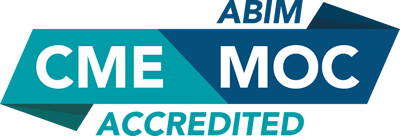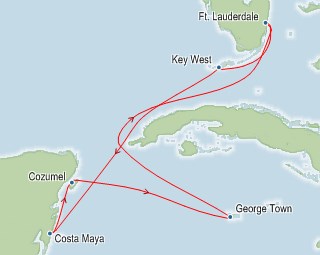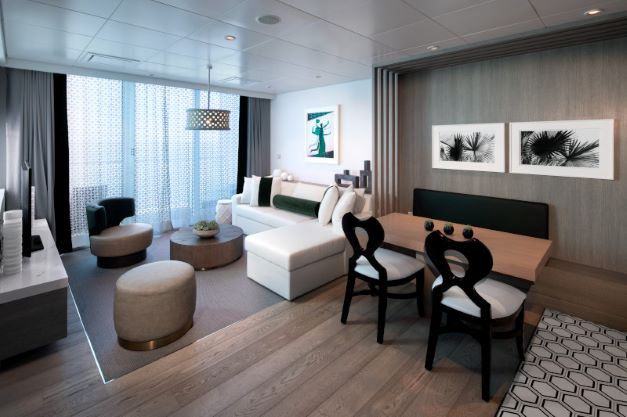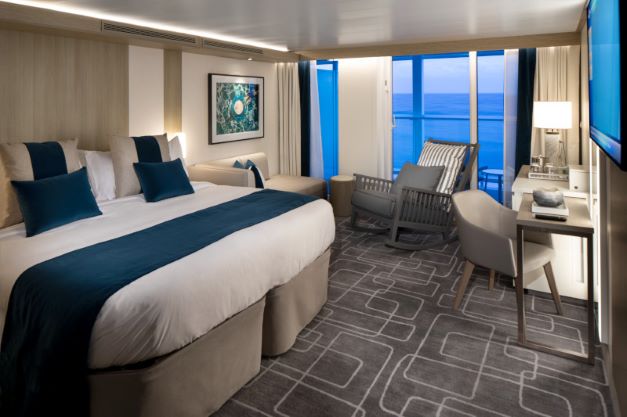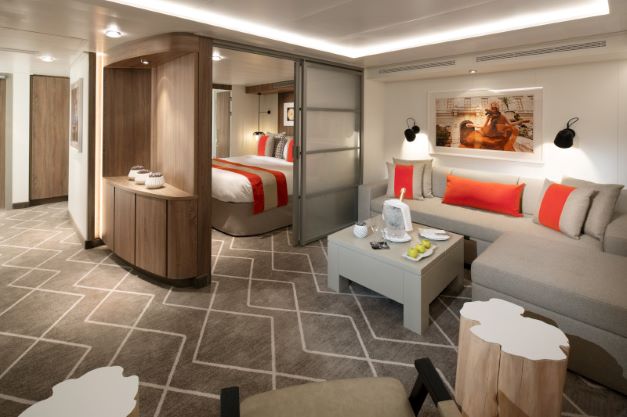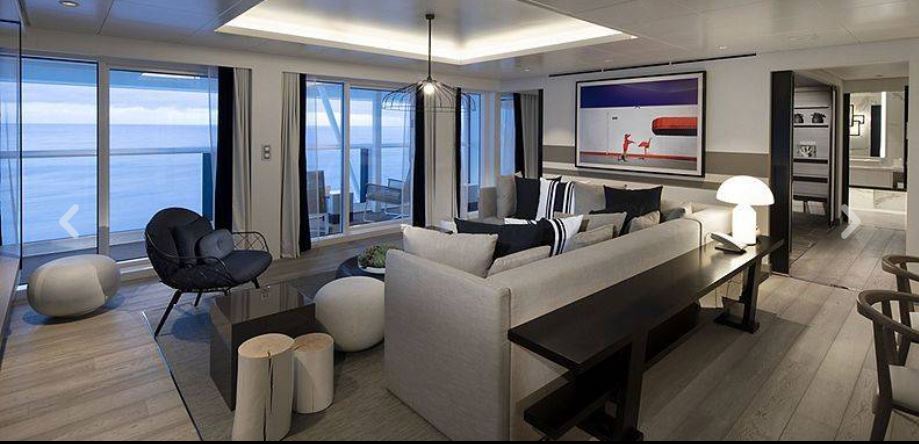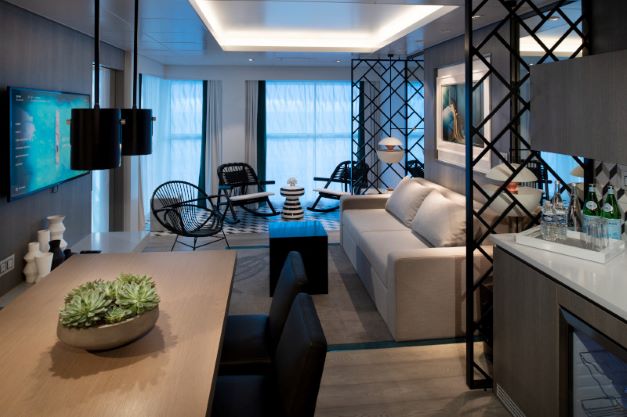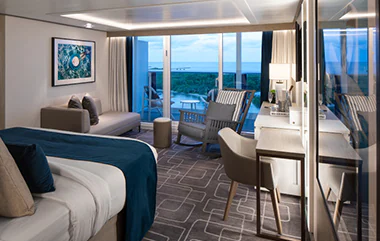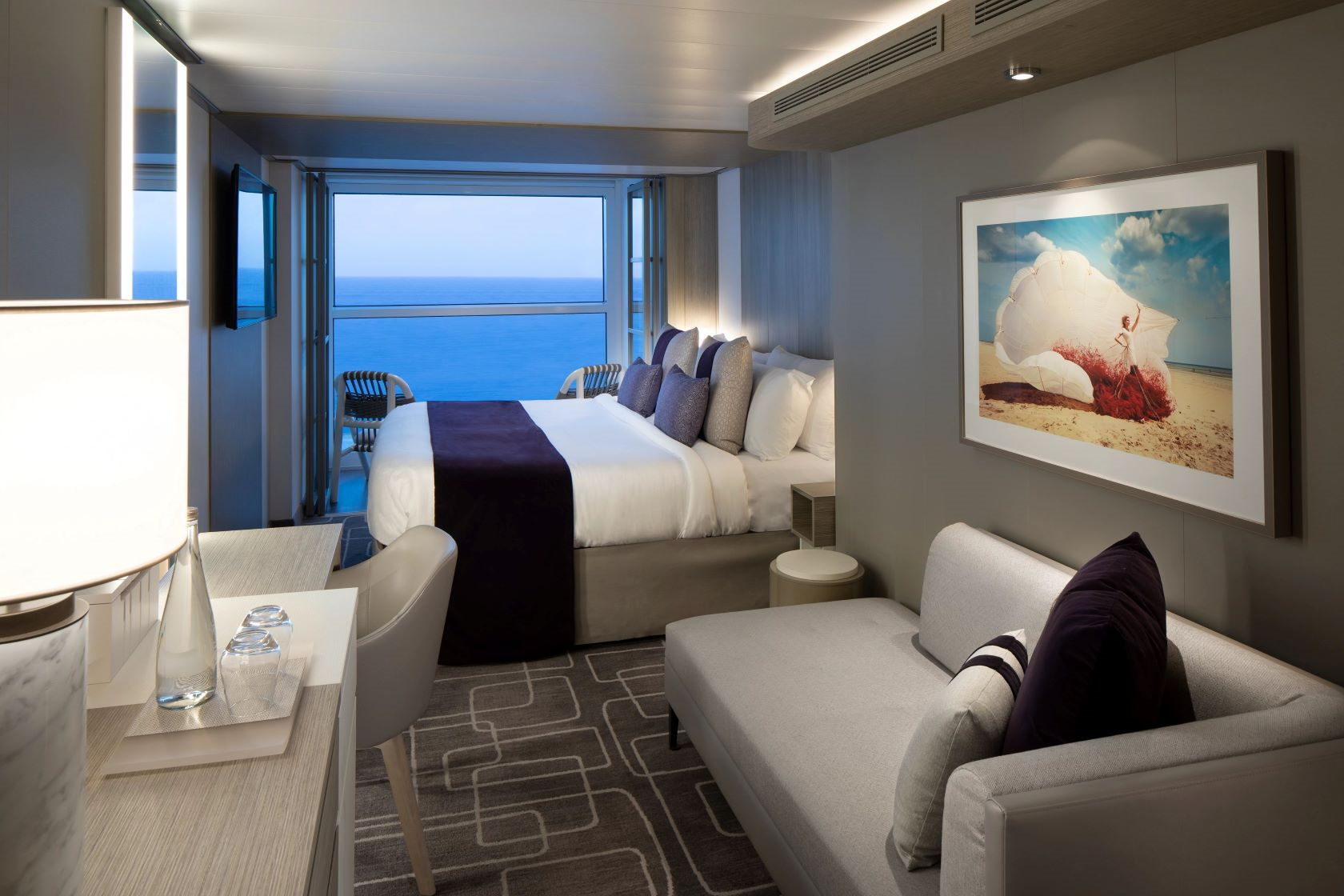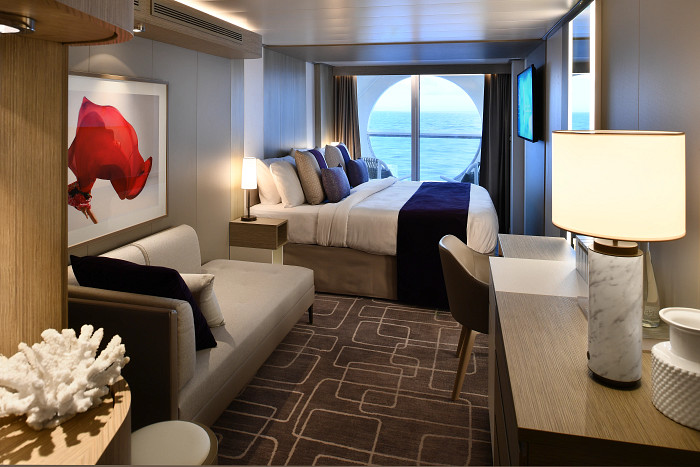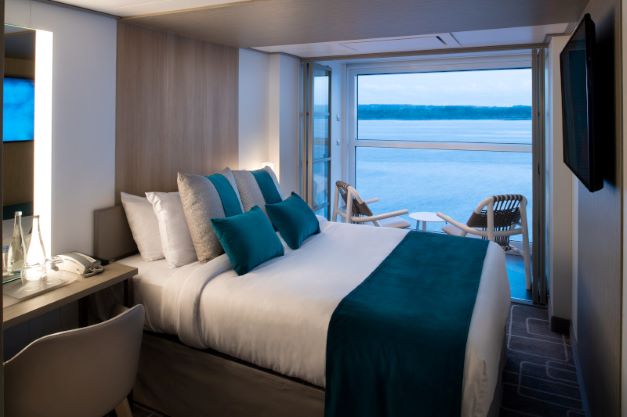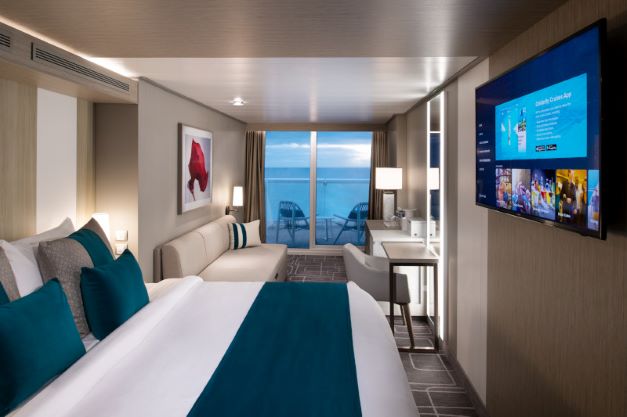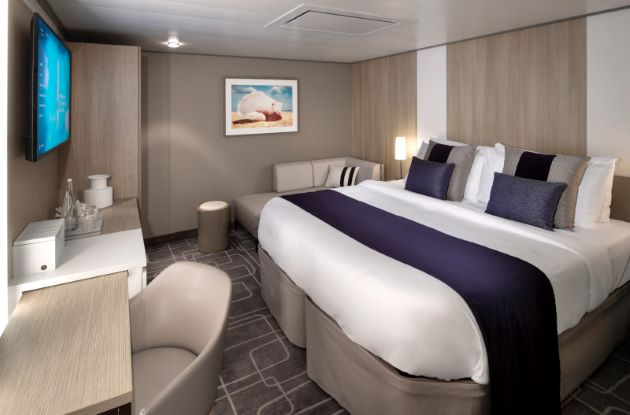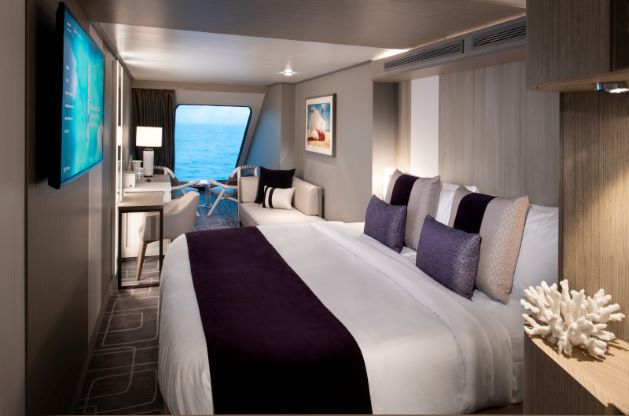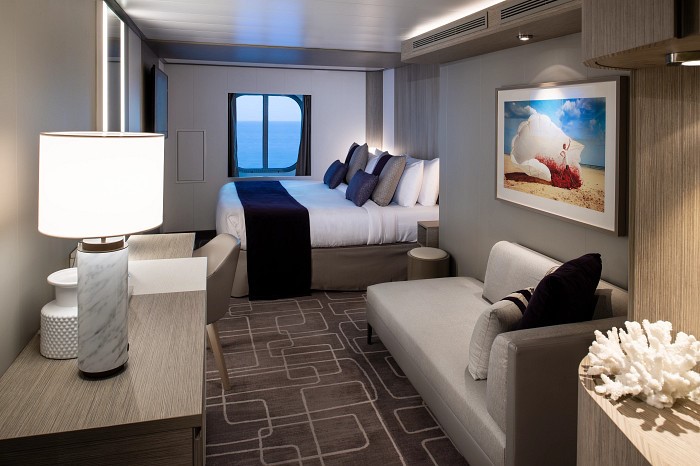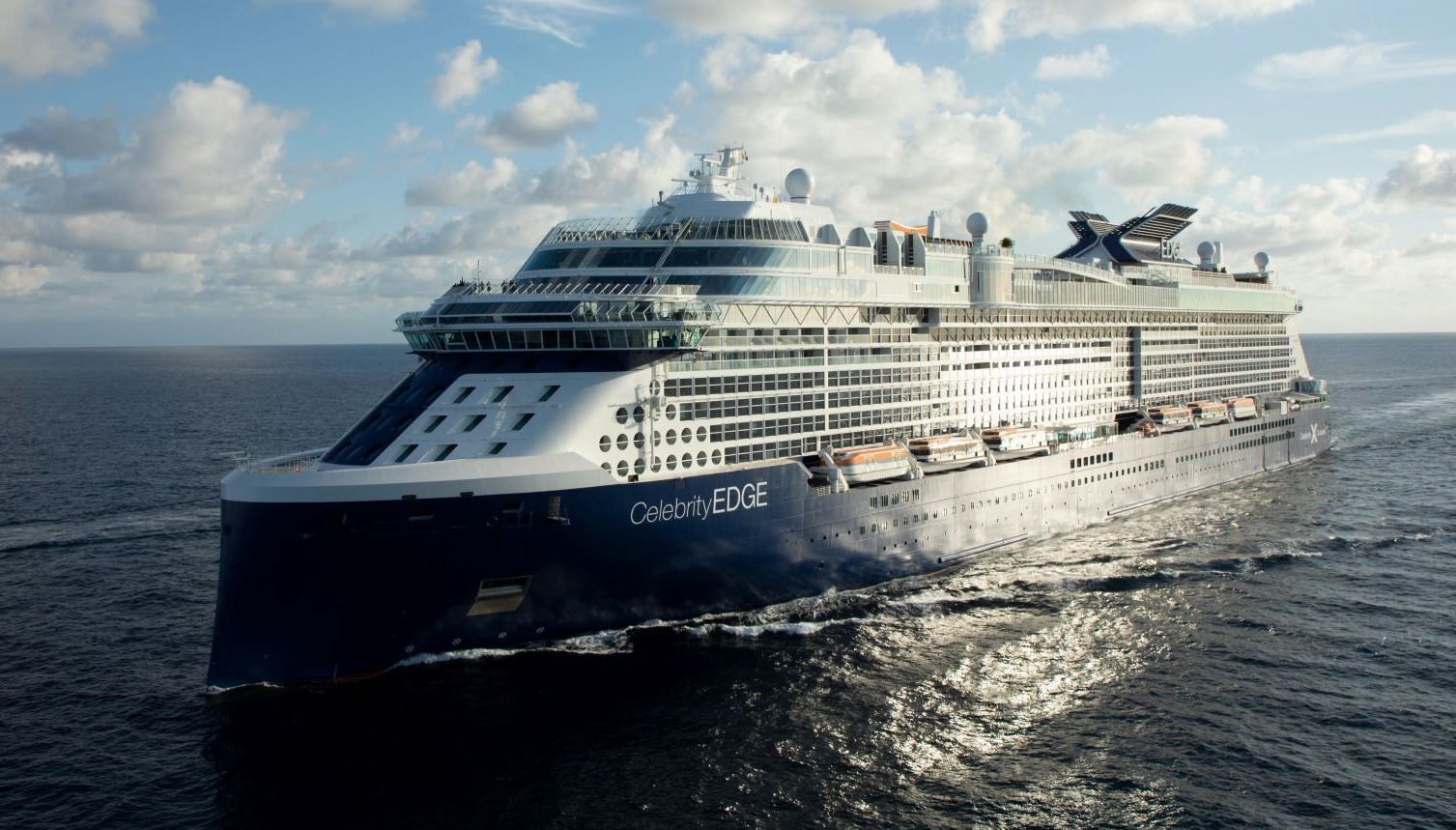
COURSE CREDITS & HOURS
AMA PRA Category 1 Credits™14 ACPE Credits
14.0 (part II) MOC points in medical knowledge in the American Board of Internal Medicine's (ABIM) Maintenance of Certification (MOC) program
2 Hours of Pharmacology for NPs
COURSE FEES
TARGET AUDIENCE
PROGRAM PURPOSE
- Cardiovascular Disease in Women
- Recognize the differences in presentation and diagnosis of cardiovascular disease in men and women
- Define risk factors, diagnosis and management of cardiovascular disease in woment
- Evaluate and manage cardiovascular disease in women
- Update in Type 2 Diabetes Management
- Identify and utilize the current American Diabetes Association Guidelines for the management of Type 2 Diabetes
- Demonstrate knowledge of medications used to manage Type 2 DM
- Develop strategies to help patients of lifestyle guidelines for diabetes
- Travel Medicine: Staying Healthy on the Road and at Sea
- Review recommendations for travel abroad
- Describe CDC's recommendations for travelers
- Demonstrate ability to use travel medicine resources such as the CDC site
- Manage common illnesses associated with travel ( malaria, motion sickness, viral illnesses)
- Migraine Headaches: Management and Coping skills
- Define common presentations and types of migraine headaches
- Assess the risk factors and triggers for migraines
- Describe and manage pharmacologic and non-pharmacologic treatments for migraines
- Patient Experience: What do Patients Desire Most in their Physicians
- Recognize qualities patients desire most in their physicians and healthcare providers
- Determine the association between patient experience and excellent communication with safety and outcomes
- Develop communication skills to improve patient experience
- The Difficult Patient Encounter: Successful Navigation
- Describe factors that lead to difficult patient encounters.
- Give personal examples of difficult patient encounters
- Discover and utilize new skills to help manage difficult encounters and improve satisfaction and joy in the practice of medicine
- Keys to Building a Connected, Compassionate Team
- Describe skills to evolve a culture of connection, compassion and safety
- Enhance employee engagement and satisfaction
- Learn skills to build team relationships
- Create a culture of mutual respect, safety, and teamwork through communication
- Overview of Mass Casualty Incidents (MCI)
- Determine the general factors relevant in a MCI, be familiar with the definition and goals of terrorism, and the most common types of mass casualty disasters
- Pre-Hospital MCI Management
- Participants will be able to identify priorities (TRIAGE/SORT) of field and early hospital management, discuss the function and structure of pre-hospital triage and Incident Command.
- MCI Peacetime Preparation Principles of Mass Casualty Management
- All resources needed to prepare the participants' organization for a mass casualty incident.
- We will analyze together the gaps in equipment, personnel, and surge capacity in order to return to hospitals to update.
- The role of the medical director
- Learn to act as a key person in MCI
- Radiology in MCI- US, CT, Angiography
- Prepare your radiology team to work in MCI.
- Non-Conventional Disasters
- Anticipated radiological, nuclear, chemical and biological scenarios will be described.
- Best possible treatment plans will be explained.
- This talk will familiarize the participant with the terms and concepts that are unique to the medical management of mass casualties, including triage, surge capacity, decontamination, and critical mortality
- Ethical Challenges, Dilemmas and PTSD
- Assess methods for psycho-emotional support and care of disaster casualties, their families, and responders.
- We will share with the participants our experiences and lessons learned as well as results from longitudinal research studies investigating medical teams in Israel







